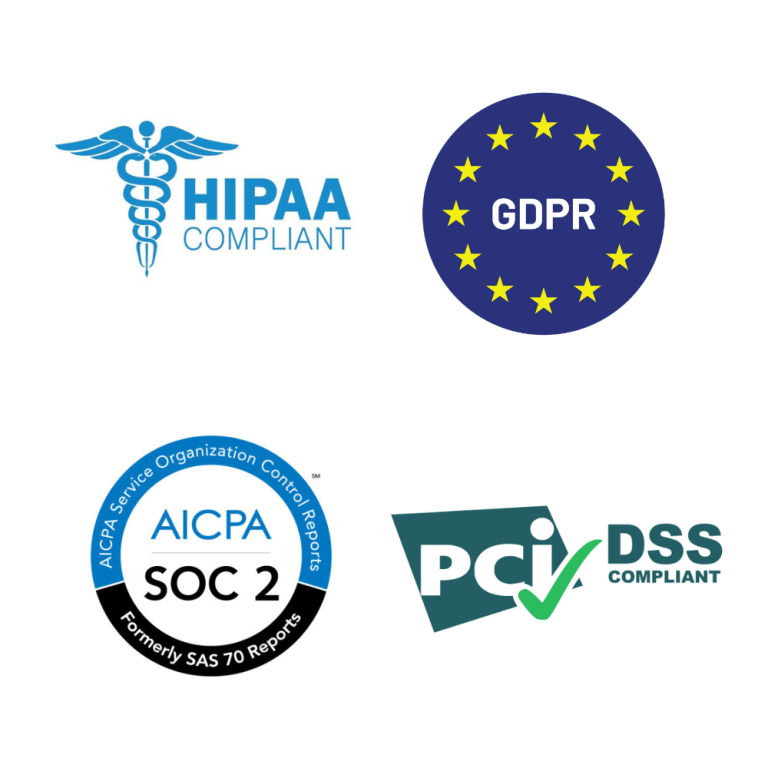In an era marked by ubiquitous technology and data-driven strategies, IT companies find themselves under mounting pressure to comply with various regulations and standards. Failure to adhere to these benchmarks can not only tarnish your reputation but can also subject your business to substantial financial penalties. To maintain an edge in this competitive landscape, securing essential certifications becomes imperative.
1. ISO 27001: Information Security Management
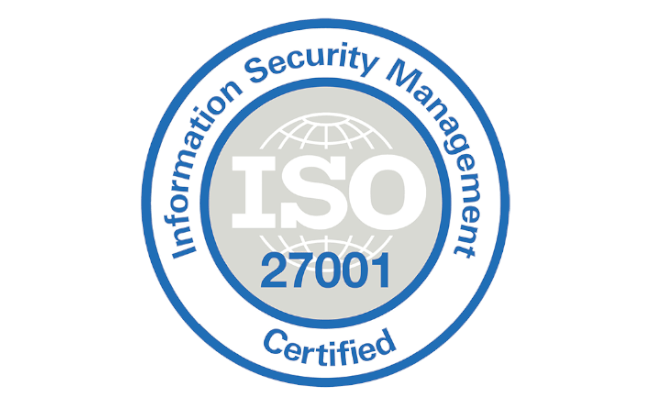
ISO 27001 is the international standard outlining best practices for an information security management system (ISMS). It serves as a guiding framework that helps organizations manage and secure their information assets. The certification demonstrates a holistic approach to information security, ranging from physical access controls to policies, processes, and even employee awareness programs.
ISO 27001 isn’t merely another certification you can add to your collection of achievements. It represents a paradigm shift in how your organization perceives and handles information security. As we steer further into an age characterized by data breaches, cyber threats, and information warfare, ISO 27001 stands as a fortress, equipping your business with the right tools to defend itself.
A Closer Look at ISO 27001
The ISO 27001 standard is rooted in a continuous improvement cycle involving a Plan-Do-Check-Act (PDCA) model. It lays down specific criteria for establishing, maintaining, and continually improving an Information Security Management System (ISMS). Simply put, it’s a comprehensive framework that orchestrates your approach to managing sensitive company information and data.
Components of ISO 27001
- Risk Assessment: A cornerstone of ISO 27001 is its emphasis on risk management. This involves the identification and assessment of security risks tailored to your organization’s specific needs.
- Policy and Procedure Design: This is where the rubber meets the road. ISO 27001 mandates the creation of a well-documented set of information security policies, procedures, and guidelines.
- Implementation and Operation: You must put your well-laid plans into action. This includes security protocols like data encryption, firewalls, intrusion detection systems, and employee training.
- Monitoring and Evaluation: What gets measured gets managed. Regular audits and assessments are crucial to ensure that your ISMS remains effective and aligned with the evolving threat landscape.
Improvement: After identifying the loopholes and vulnerabilities through audits, the next step is to refine and tweak your ISMS for better performance and more robust security.
Key Benefits
- Credibility: Boosts your reputation as a secure and reliable partner.
- Risk Management: Offers a structured approach to identifying, assessing, and managing risks.
- Global Recognition: ISO is universally respected, easing your entry into foreign markets.
2. SOC 2: Service Organization Control
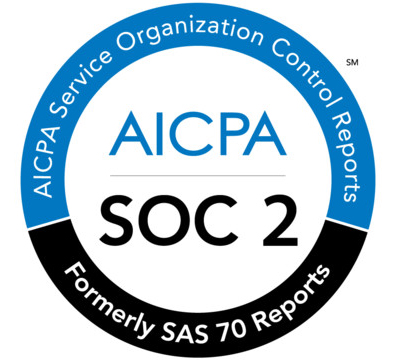
SOC 2 focuses on the management of customer data based on five “trust service principles”: security, availability, processing integrity, confidentiality, and privacy. It’s particularly important for SaaS and cloud computing providers who store customer data.
SOC 2 (System and Organization Controls 2) is particularly vital for companies involved in cloud computing, SaaS, and other services that handle customer data. Developed by the American Institute of CPAs (AICPA), the SOC 2 certification revolves around five foundational “trust service principles”:
- Security: Ensures that the system is protected against unauthorized access.
- Availability: Assures that the system is available for operation and use as committed or agreed.
- Processing Integrity: Validates that system processing is complete, valid, accurate, timely, and authorized.
- Confidentiality: Keeps information designated as confidential secure from unauthorized disclosure.
- Privacy: Addresses the collection, use, retention, and disposal of personal information in conformity with an organization’s privacy notice and criteria set by the AICPA.
Key Benefits
- Customer Trust: Increases client confidence in your services.
- Competitive Advantage: Sets you apart from competitors who lack this certification.
- Regulatory Advantage: Helps in fulfilling other compliance requirements.
3. GDPR: General Data Protection Regulation
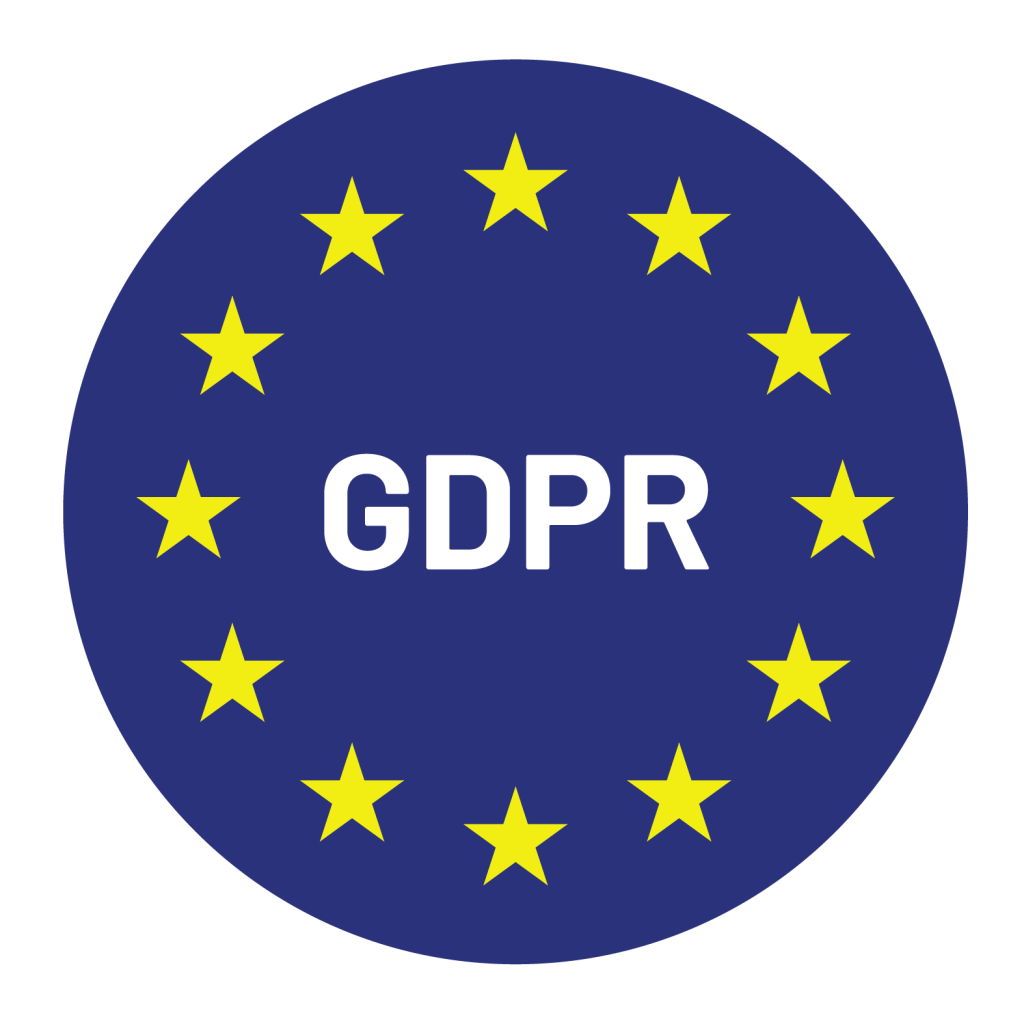
Introduced by the European Union, GDPR impacts any business that deals with EU citizens’ data. It focuses on data protection and the rights of individuals to control their personal information.
Data privacy and security take center stage in any business’s survival playbook. At the forefront of this revolution in data governance stands the General Data Protection Regulation (GDPR). For IT companies, understanding and complying with GDPR isn’t just a box to check—it’s a fundamental shift in how we think about and handle personal data.
A Closer Examination of GDPR
Born in the European Union, GDPR has a global reach that affects any organization dealing with the personal data of EU citizens. Enacted in 2018, it replaced the Data Protection Directive of 1995 and brought forth a harmonized data protection law across EU member states. But its impact goes far beyond the EU borders; if you process data from EU citizens, GDPR applies to you.
Key Tenets of GDPR
- Lawful Processing: GDPR mandates that you must have a legal basis for processing personal data, be it consent, contract, or legitimate interest.
- Data Minimization: The regulation insists on collecting only the data that is strictly necessary for the intended purpose.
- Transparency: Organizations must be transparent about how they collect data, what they do with it, and how they protect it.
- Right to Access and Erasure: Also known as the “right to be forgotten,” individuals have the right to access their personal data and even request its deletion.
- Data Portability: This allows individuals to request their personal data in a ‘machine-readable’ format and have it transferred to another company.
- Accountability and Governance: Organizations are required to put into place data protection policies, data protection impact assessments, and relevant documentation on how data is processed.
Key Benefits
- Legal Compliance: Failure to comply can result in hefty fines up to €20 million or 4% of your global turnover.
- Data Governance: Encourages robust data management practices.
- Customer Confidence: Enhances your image as a responsible data handler.
4. PCI DSS: Payment Card Industry Data Security Standard
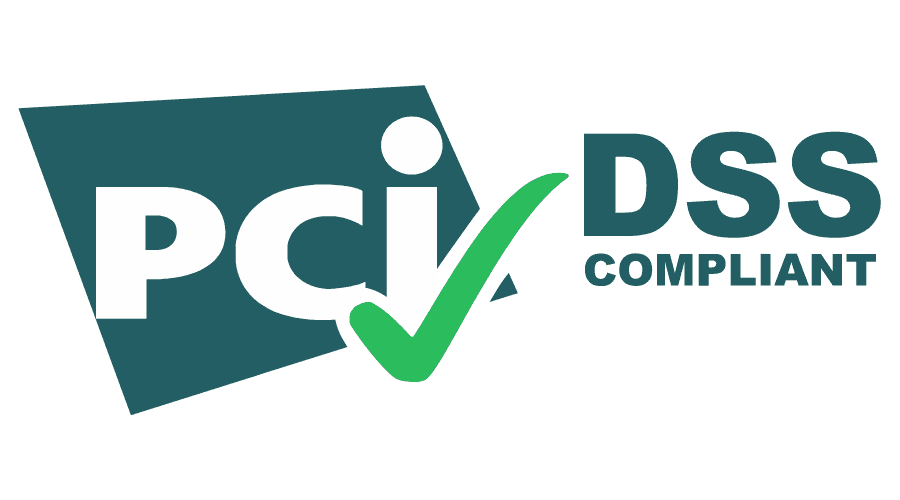
If your company handles credit card transactions, PCI DSS is non-negotiable. This standard ensures secure management of payment information, aiming to reduce credit card fraud.
As commerce pivots toward a digital landscape, the bedrock on which transactions rest is increasingly being targeted by fraudsters. In the epicenter of this financial ecosystem sits PCI DSS (Payment Card Industry Data Security Standard)—a certification that transcends being a mere compliance tick box and acts as a critical element of your company’s financial and reputational fortress.
Breaking Down PCI DSS
Formulated by the collaborative effort of major credit card companies like Visa, MasterCard, American Express, Discover, and JCB, PCI DSS was designed to minimize risks associated with cardholder data breaches. It applies to any entity involved in payment card processing—be it a mom-and-pop shop or a multi-billion-dollar enterprise.
Core Components of PCI DSS Compliance
- Secure Network: The establishment of firewalls and other security protocols are mandatory to protect data during transmission over public networks.
- Data Protection: Encrypting stored cardholder data is not optional—it’s a basic necessity under PCI DSS.
- Vulnerability Management: Regular software updates and the use of anti-virus software are required to protect against known and emerging threats.
- Robust Access Control: Restricting data access to only those individuals who absolutely need it forms the crux of PCI DSS’s approach to minimizing potential internal threats.
- Regular Monitoring and Testing: Implementing and maintaining access logs allows for effective tracking and identification of vulnerabilities or suspicious activities.
- Information Security Policy: This isn’t just about the tech team; it requires a company-wide policy that educates and informs staff about their responsibilities regarding data security.
Key Benefits
- Fraud Prevention: Protects against data breaches and financial loss.
- Merchant Relationships: Enables business opportunities by meeting vendor requirements.
- Legal Protection: Reduces the risk of legal consequences associated with data breaches.
5. HIPAA: Health Insurance Portability and Accountability Act
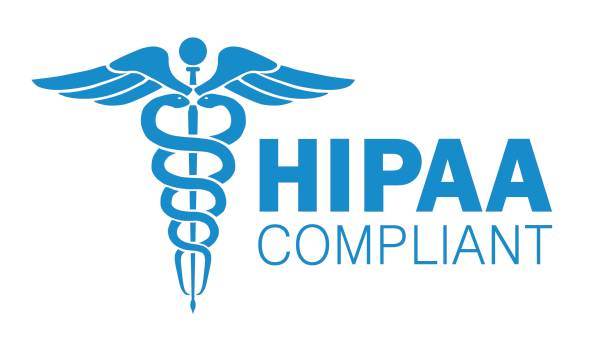
If your IT services touch the healthcare sector in the United States, compliance with HIPAA becomes crucial. It lays out requirements for the secure handling, storage, and sharing of sensitive patient data.
In a world hyper-focused on personal data and its myriad uses, healthcare information stands in a category of its own—highly sensitive, uniquely personal, and profoundly impactful. For IT companies involved in healthcare services or systems, HIPAA (Health Insurance Portability and Accountability Act) isn’t just a regulatory requirement; it’s the ethical backbone of your operations.
HIPAA Unveiled
Enacted in 1996 in the United States, HIPAA has become synonymous with healthcare data privacy and security. Its regulations apply to healthcare providers, insurance companies, and healthcare clearinghouses, but also to any business associates, including IT companies, that have access to protected health information (PHI).
Fundamental Components of HIPAA Compliance
- Privacy Rule: This governs the use and disclosure of PHI. You can’t just use healthcare data as you please; HIPAA lays out strict guidelines on permissible uses.
- Security Rule: This focuses on electronic PHI (ePHI) and outlines administrative, physical, and technical safeguards to secure data integrity.
- Transaction and Code Sets Rule: Standardizing the coding for electronic transactions, this component ensures that all parties speak the same healthcare ‘language.’
- Unique Identifiers Rule: This assigns specific identifiers for healthcare providers, employers, and health plans to streamline the administrative process.
- Enforcement Rule: This is where the teeth are—fines and penalties for violations, which can range from a slap on the wrist to debilitating financial burdens and even criminal charges.
Key Benefits
- Legal Compliance: Avoids civil and criminal penalties.
- Patient Trust: Builds confidence among healthcare clients.
- Competitive Differentiation: Opens doors to lucrative healthcare contracts.
Final Thoughts
Navigating through compliance can be a labyrinthine process, yet one that’s essential to both the health and growth of your IT company. These certifications serve as your compass, guiding you through the often murky waters of legal requirements and customer expectations. And remember, it’s not just about avoiding penalties; it’s about building a foundation of trust and reliability that makes your business a go-to name in the IT landscape.
So, invest the time and resources in acquiring these essential certifications. Your future self will thank you.
